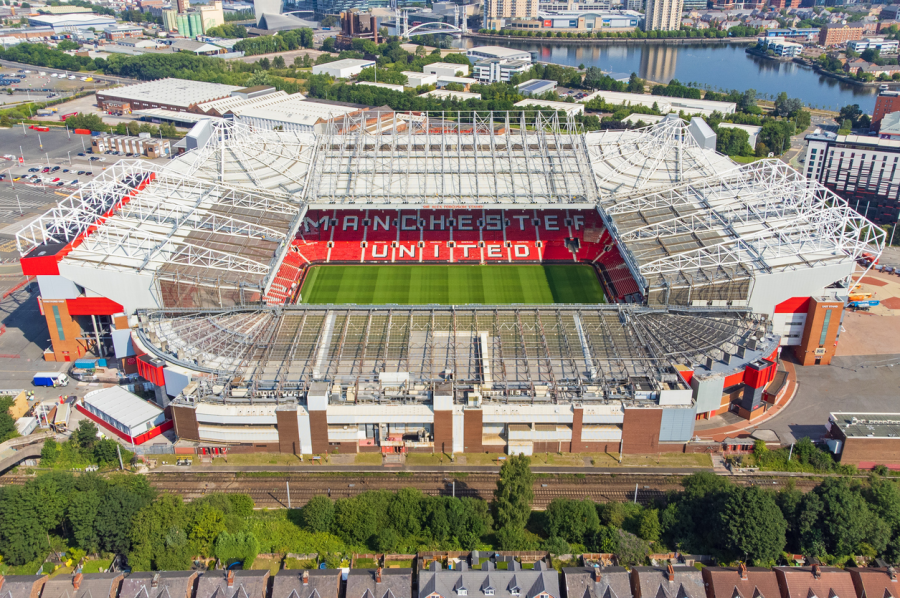Sprinkling of gold dust: Tax implications of Bryan Robson’s ambassador agreements

Bryan Robson, a former footballer who needs no introduction, established a personal services company, Bryan Robson Limited (BRL), in 1981, early in his career at Manchester United Football Club (MUFC). After the end of his playing career, Robson served as an ambassador for MUFC through various agreements, commencing in 2008. In a recent case at the First-tier Tax Tribunal[1], the tax implications of these agreements have been explored.
While Mr Robson is far from the first sports personality to face HMRC’s questioning of their tax affairs in connection with what is known as IR35 (explained below), this is the first time that a tribunal has considered the use of image rights in that context. Although agreements of this kind are particularly common in the context of football, the principles regarding image rights are applicable across all sports.
This article examines the potential tax implications of the decision as it relates to ambassador agreements and any image rights payments contained therein, looking at:
To continue reading or watching login or register here
Already a member? Sign in
Get access to all of the expert analysis and commentary at LawInSport including articles, webinars, conference videos and podcast transcripts. Find out more here.
- Tags: Ambassador Agreements | Football | HMRC | Tax | United Kingdom (UK)
Written by
Ian Robotham
Ian Robotham is a legal director at Pinsent Masons LLP and advises clients on disputes with HMRC across a range of direct and indirect taxes, with a focus on tax issues within the sports sector. His client base includes large corporates, SMEs and HNWIs.




